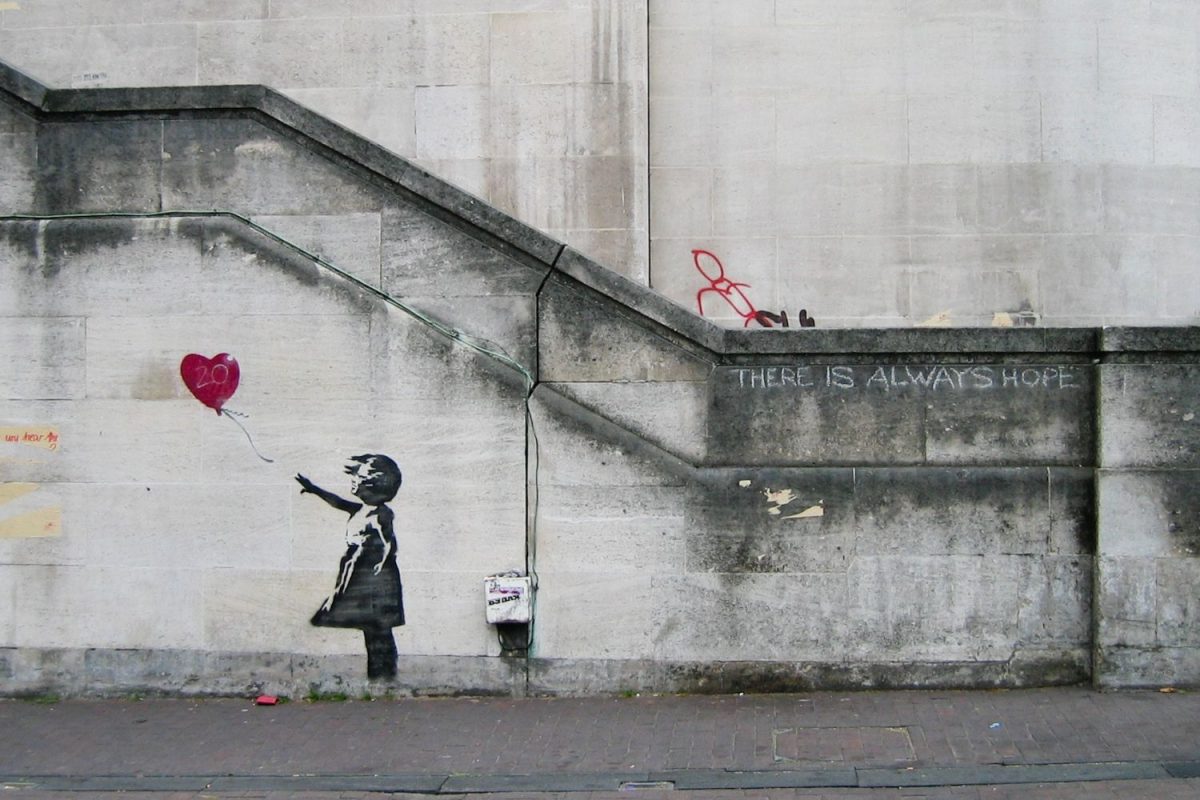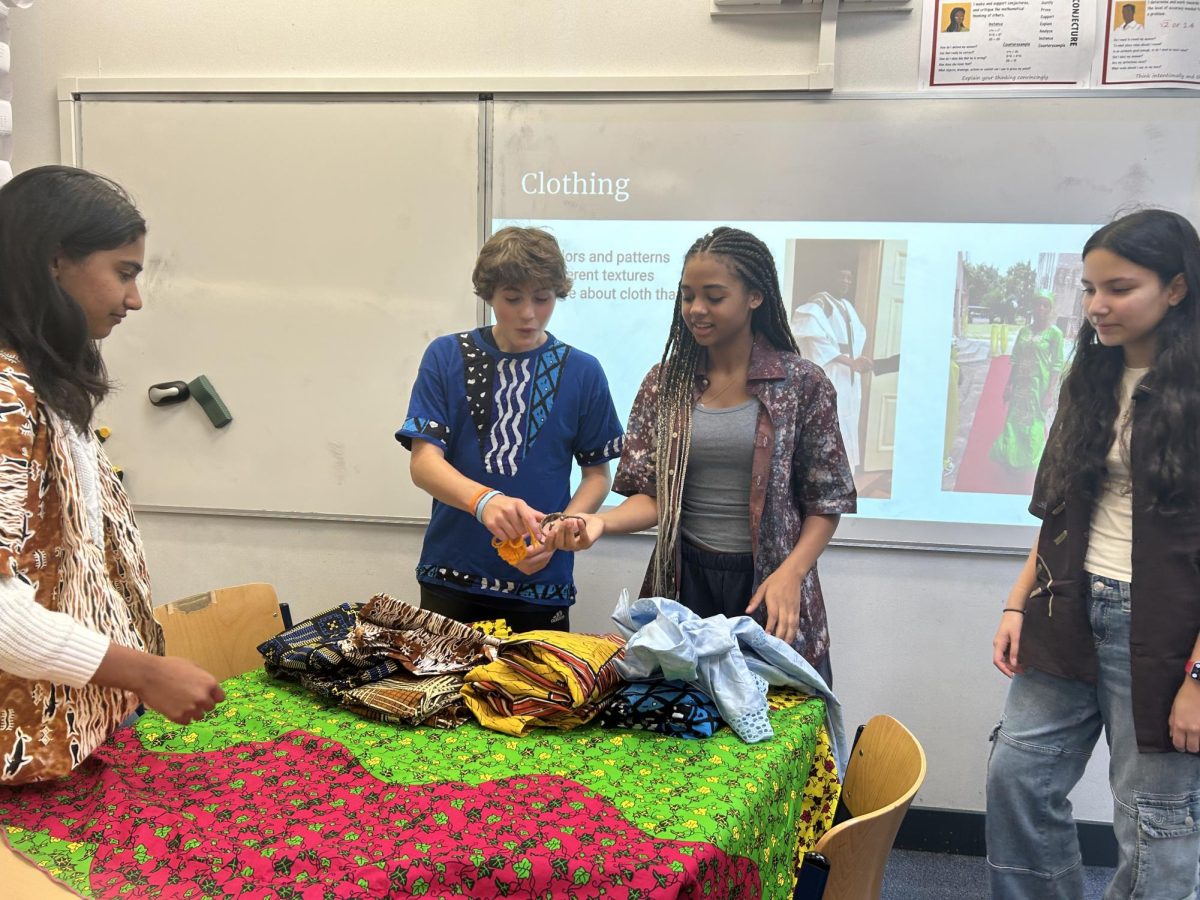When Khady Sao (’27) noticed there was not a club that represented her identity in the High School, she founded the African-Caribbean Club this year in order for students to have a place to discuss and appreciate the culture.
“I wanted to add it to the clubs to make ASL a more inclusive environment where everyone can take time to learn about other places and countries,” Sao said. “I’m able to reflect on and celebrate parts of my culture that I love.”
The High School’s club program consists of a multitude of cultural organizations open to all grade levels, which Italian Societies and Culture Club member Robi Arpaio (’24) said allows students to celebrate their differences and meet diverse people.
Arpaio said his participation in the club has allowed him to maintain a connection with his Italian heritage and establish a sense of community at the school.
“By exploring the nuances of my country with different Italians, I have come to a greater sense of belonging,” Arpaio said. “My cultural identity stays fresh in my mind, and I make sure that I am well rooted and thinking about my culture and my people.”
“My cultural identity stays fresh in my mind, and I make sure that I am well rooted and thinking about my culture and my people.”
— Robi Arpaio ('24)
Likewise, Sao said running the African-Caribbean Club has helped fortify her relationship with her cultural identity.
“I haven’t really been able to be with my family in Senegal for a really long time,” Sao said. “I haven’t spent that much time appreciating and exploring my own culture with other people…having this club makes me feel more connected.”
Moreover, World Languages and Cultures Teacher Whitney Nuchereno, who is the faculty sponsor of the Latin American Club, said one of the organization’s purposes is to educate students about the region’s culture, which is often not covered enough in education.
“Latin America’s a forgotten land,” Nuchereno said. “I just feel like it’s so underrepresented in academia, in certain schools, in certain parts of the world and I want students to learn more.”
Furthermore, Nuchereno said certain generalizations can portray a negative view of Latin America without showcasing its rich and historic culture.
“I want students to learn more about [the culture] and learn more beyond the stereotypes that they see in the media,” Nuchereno said. “There’s just so much more to it and the club is there to represent Latin America and everything it stands for.”
Beyond learning about aspects of the specific culture, Arpaio said these clubs allow students to connect with new people they would otherwise not meet.
“We have a lot of new people I feel I might not interact with because we have different classes,” Arpaio said. “But through the shared identity we can connect.”
“I just feel like [Latin America] is so underrepresented in academia, in certain schools, in certain parts of the world and I want students to learn more.”
— World Languages and Cultures Teacher Whitney Nuchereno
Beyond getting to know others, Sao said her club has shed light on other students’ experiences with the culture.
“I’m learning so much about other people, and I’m also learning about myself,” Sao said. “ASL has so many stories and diversity that I hadn’t heard about, and I’m really excited to be able to learn more about other people and teach other people about what I know.”
In the future, Sao said she hopes to increase activities and celebrations of African culture, including possibly organizing an African night to be held at the school.
Ultimately, Nuchereno said the purpose of the organizations should stretch beyond learning basic information about a country.
“Culture clubs need to educate about not just superficial parts of a country,” Nuchereno said. “The goal is to go deeper into the cultures.”









